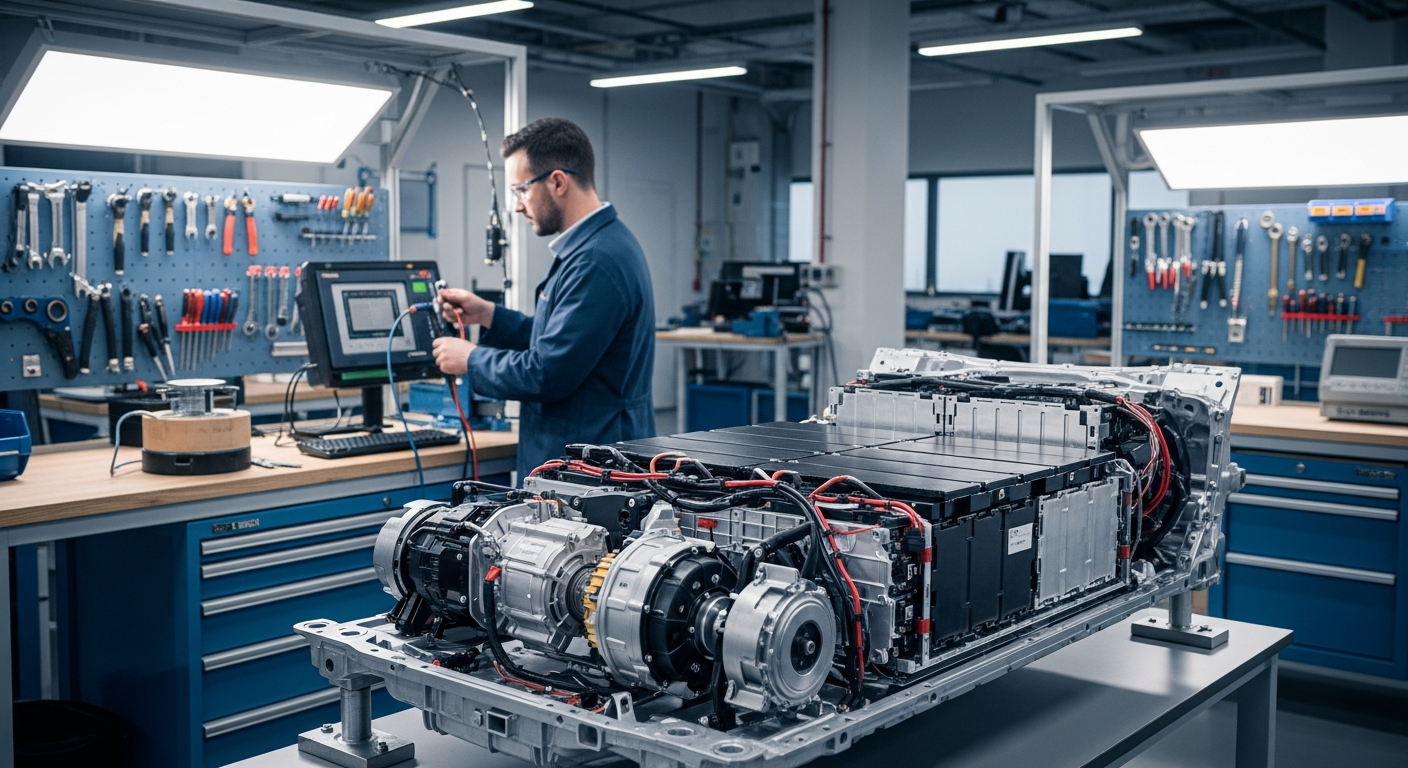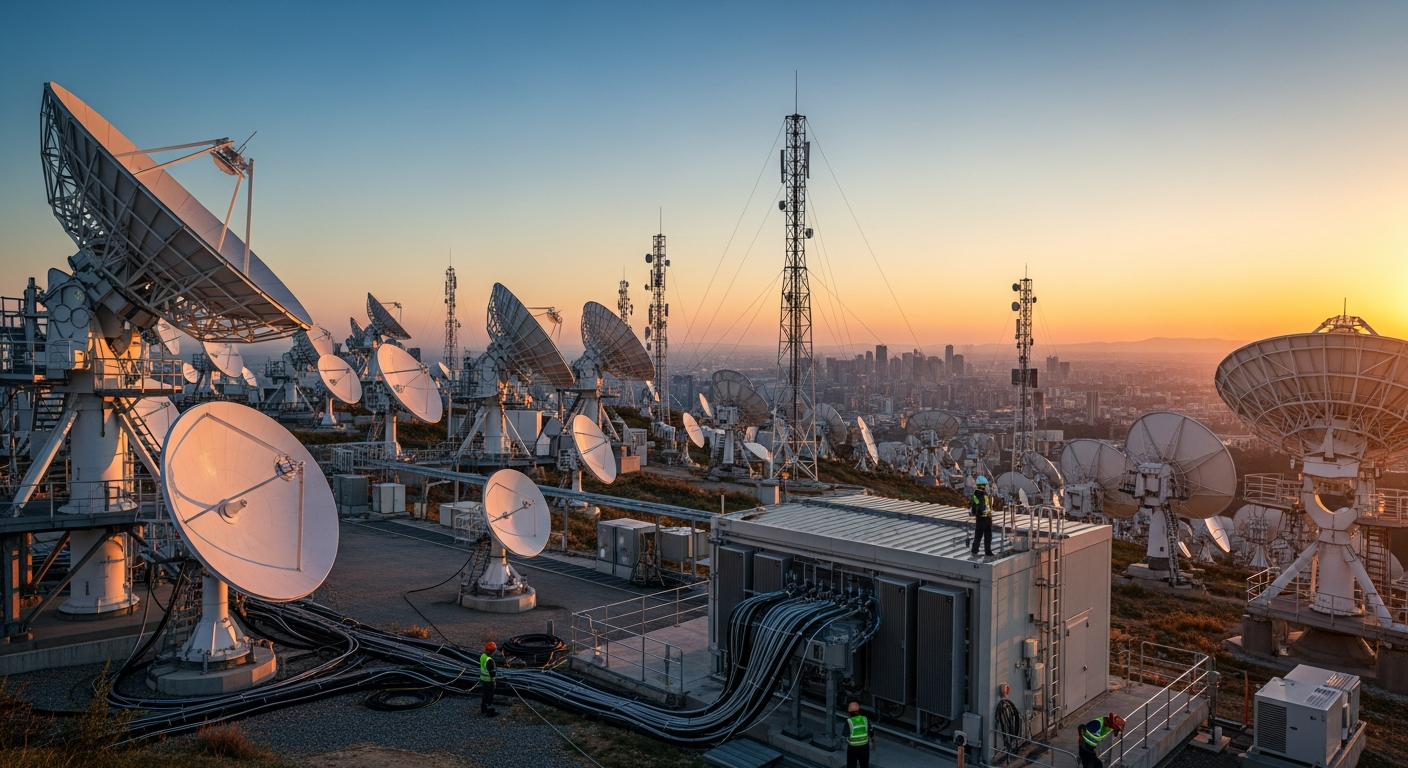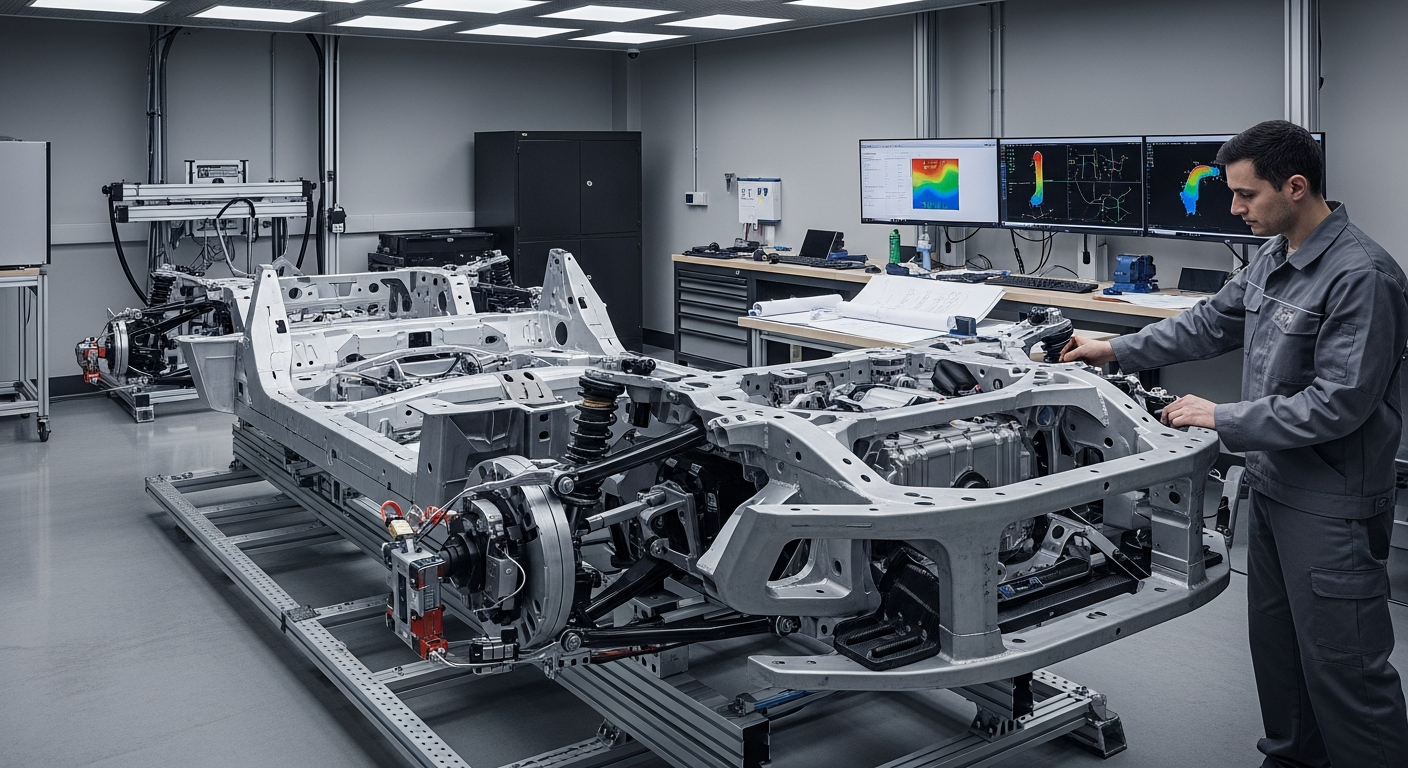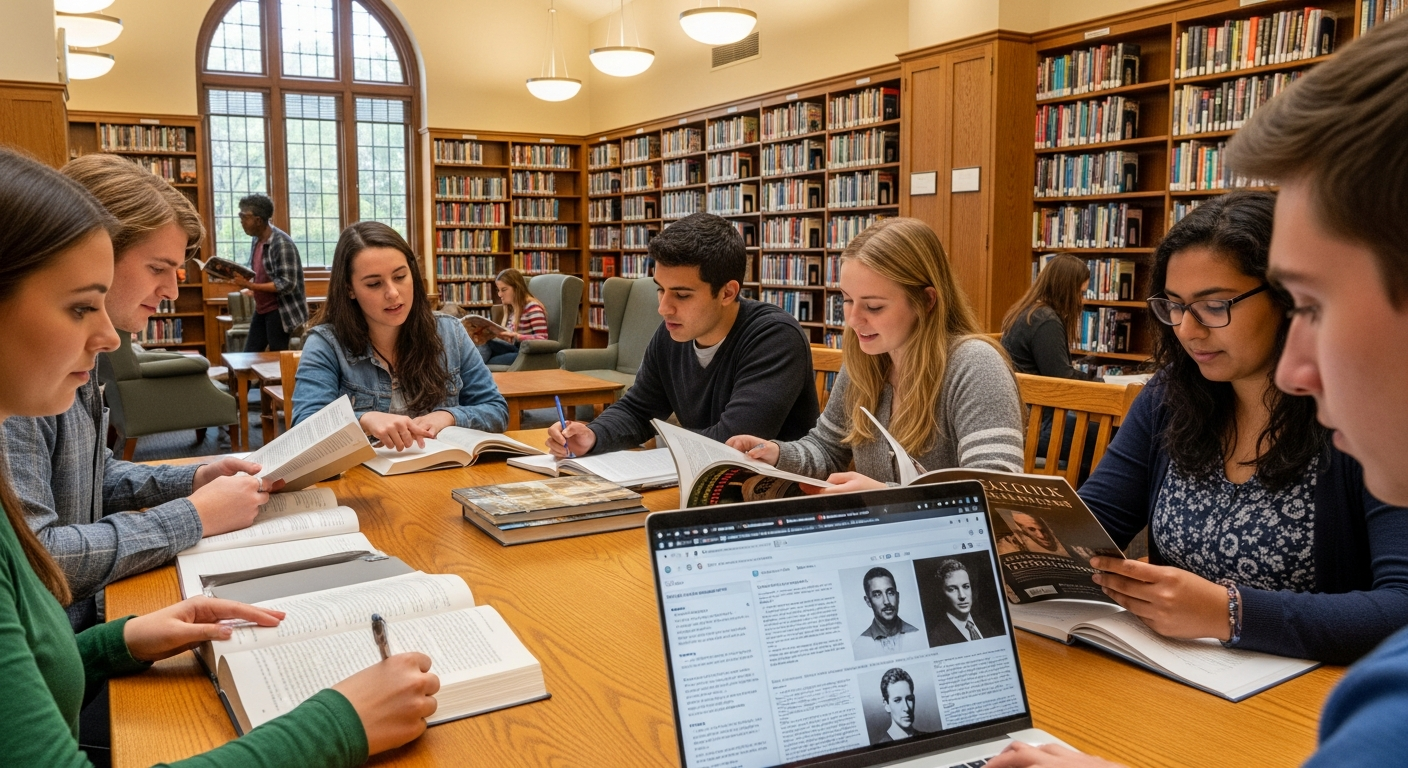Biohacking Your Circadian Rhythm: The Next Frontier in Personalized Health
Sleep tight tonight, because tomorrow we're diving into the fascinating world of circadian rhythm optimization. Ever wondered why you feel energized at certain times and sluggish at others? Or why jet lag hits you so hard? The key lies in your body's internal clock. But what if you could fine-tune this biological timekeeper for peak performance? Let's explore the cutting-edge science of circadian biohacking and how it's revolutionizing our approach to health and wellness.
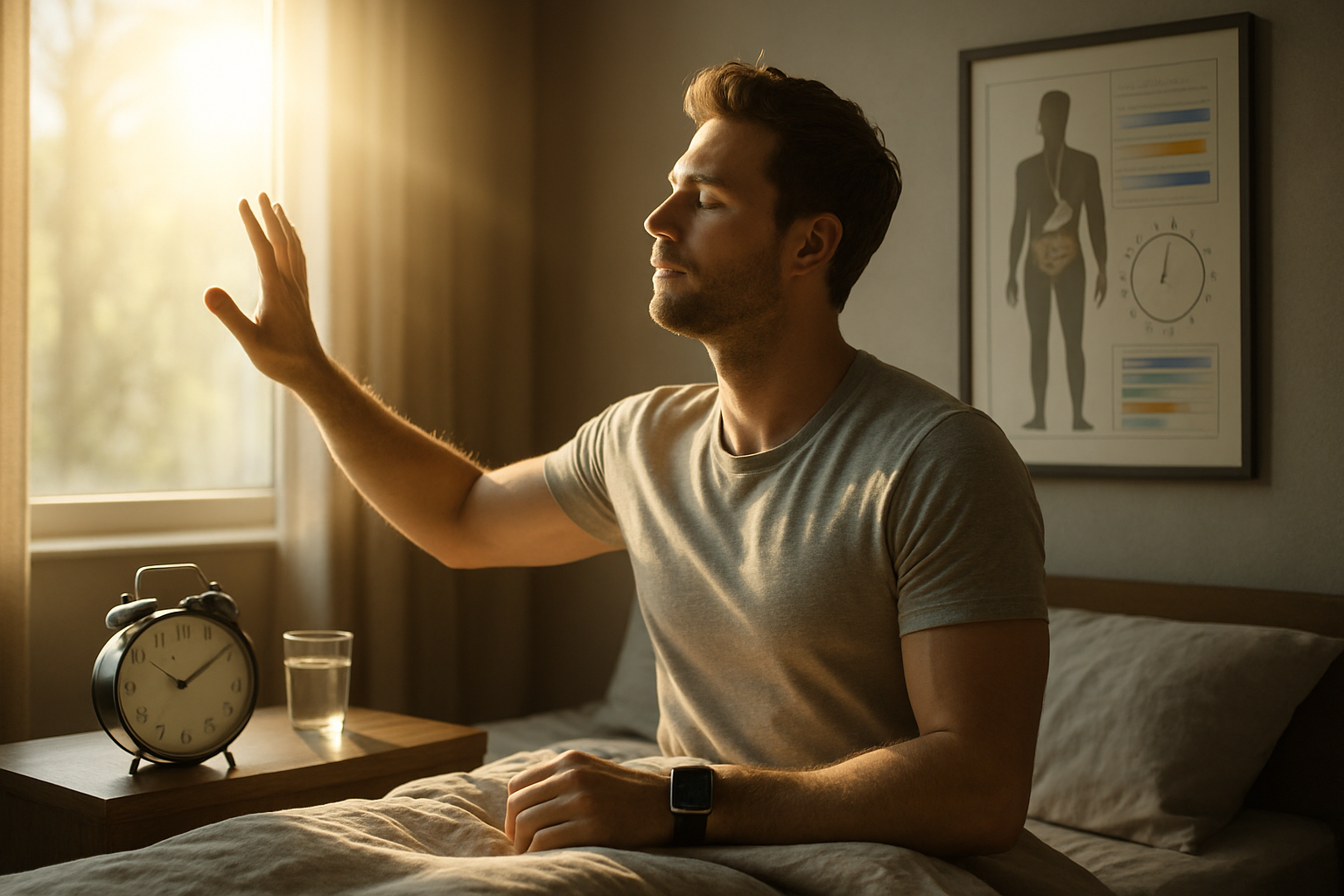
Historically, humans lived in harmony with natural light-dark cycles. However, modern lifestyles often disrupt these patterns, leading to circadian misalignment. This desynchronization has been linked to numerous health issues, including sleep disorders, metabolic dysfunction, and increased risk of chronic diseases.
The Science of Circadian Biohacking
Circadian biohacking involves intentionally manipulating environmental cues and behaviors to optimize our internal rhythms. This emerging field combines chronobiology, nutrition, and technology to enhance overall health and performance.
Recent research has revealed that nearly every cell in our body contains its own circadian clock genes. These peripheral clocks respond to various zeitgebers (time-givers), such as light, temperature, and feeding schedules. By strategically adjusting these cues, we can potentially reset and strengthen our circadian rhythms for improved well-being.
Light Exposure: The Primary Zeitgeber
Light is the most potent circadian synchronizer. Our eyes contain specialized photoreceptors that detect blue light and signal the SCN to regulate melatonin production. Biohackers are leveraging this knowledge to create personalized light exposure plans.
Smart lighting systems now mimic natural daylight patterns, gradually shifting color temperature throughout the day. Wearable devices that emit specific wavelengths of light at strategic times are being developed to combat jet lag and shift work disorders. Some enthusiasts even use light therapy boxes to boost morning alertness and regulate their sleep-wake cycle.
Chrononutrition: Timing Your Meals for Optimal Health
The field of chrononutrition explores how the timing of food intake affects our circadian rhythms and metabolic health. Research suggests that aligning our eating patterns with our body’s internal clock can improve insulin sensitivity, weight management, and overall energy levels.
Circadian biohackers are experimenting with time-restricted feeding windows and meal timing strategies. For example, some advocate for earlier dinners to align with the body’s natural insulin sensitivity patterns, while others explore the benefits of carbohydrate backloading for improved sleep quality and athletic performance.
Temperature Regulation and Circadian Alignment
Body temperature fluctuates throughout the day, reaching its peak in the late afternoon and dropping to its lowest point in the early morning. Biohackers are exploring ways to manipulate this cycle for better sleep and daytime performance.
Some use programmable thermostats to create optimal sleep environments, gradually cooling the bedroom as bedtime approaches. Others experiment with contrast showers or targeted temperature therapies to enhance their body’s natural rhythms. Wearable devices that track skin temperature are being developed to provide personalized recommendations for optimizing circadian alignment.
Harnessing Technology for Circadian Optimization
The rise of wearable technology and smartphone apps has made circadian biohacking more accessible than ever. Devices that track sleep patterns, heart rate variability, and activity levels can provide valuable insights into an individual’s circadian rhythm.
AI-powered algorithms are being developed to analyze this data and offer personalized recommendations for optimizing sleep schedules, light exposure, and activity timing. Some apps even use geolocation data to provide customized advice based on local sunrise and sunset times, helping users maintain circadian alignment while traveling.
Circadian Biohacking: Tips for Beginners
-
Maintain consistent sleep and wake times, even on weekends
-
Expose yourself to bright light upon waking
-
Avoid blue light exposure in the evening by using blue-light blocking glasses or apps
-
Time your meals consistently, aiming to finish dinner at least 2-3 hours before bedtime
-
Create a cool, dark sleep environment
-
Exercise regularly, but avoid intense workouts close to bedtime
-
Consider using a sunrise alarm clock to simulate natural morning light
As we continue to unravel the complexities of our internal clocks, circadian biohacking offers exciting possibilities for personalized health optimization. By aligning our daily routines with our body’s natural rhythms, we may unlock new levels of vitality, productivity, and well-being. Remember, small adjustments to your daily habits can have profound effects on your circadian health. As with any lifestyle change, it’s essential to approach circadian biohacking with patience and mindfulness, paying attention to how your body responds and adapting accordingly.


